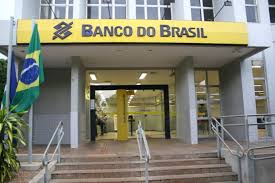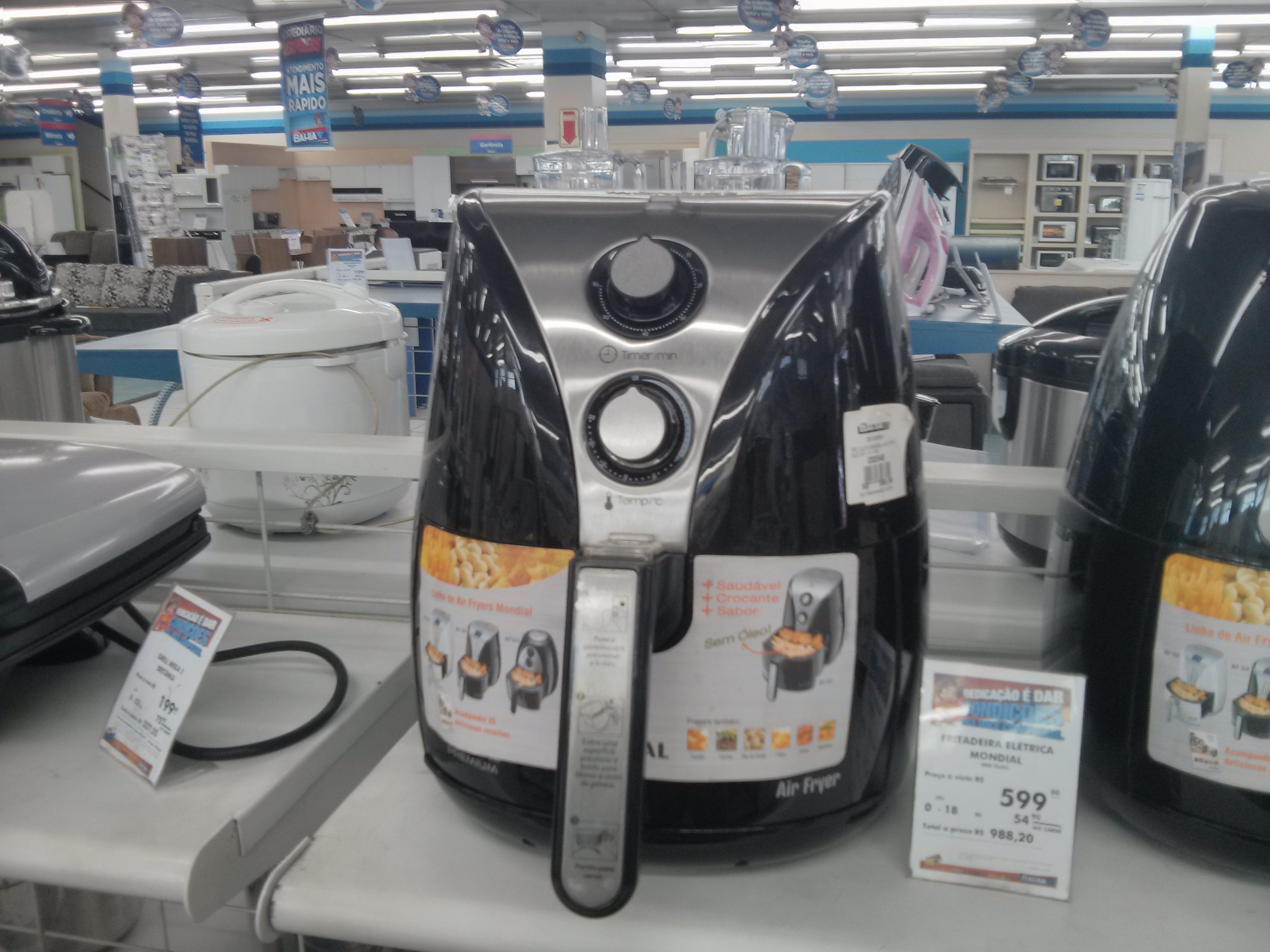 “I am for doing good to the poor, but…I think the best way of doing good to the poor, is not making them easy in poverty, but leading or driving them out of it. I observed…that the more public provisions were made for the poor, the less they provided for themselves, and of course became poorer. And, on the contrary, the less was done for them, the more they did for themselves, and became richer.”
“I am for doing good to the poor, but…I think the best way of doing good to the poor, is not making them easy in poverty, but leading or driving them out of it. I observed…that the more public provisions were made for the poor, the less they provided for themselves, and of course became poorer. And, on the contrary, the less was done for them, the more they did for themselves, and became richer.”
Benjamin Franklin
Been a while since I posted anything. I’m pretty busy when I’m at home, but I’m in Brazil again and I seem to have more free time…
It is a long-established fact that anything that the government subsidizes becomes more plentiful. Things that the government taxes tend to become less plentiful. It’s a fact often used by micro-managers in government to influence our behavior.
 The government has been directly subsidizing the poor for over 50 years. How’s that working out? As expected, it seems. The poor are still there – perhaps in greater numbers than if the government didn’t spend so much money making it comfortable to be poor. Or not, who really knows?
The government has been directly subsidizing the poor for over 50 years. How’s that working out? As expected, it seems. The poor are still there – perhaps in greater numbers than if the government didn’t spend so much money making it comfortable to be poor. Or not, who really knows?
Anyway, the idea to “tax the poor” in order to see their numbers reduced is an idea that I’ve always thought should be considered, seeing as how what we’re doing now just seems to be increasing their numbers.
One of the great things about spending a few months out of the country every year is that I get to see different societies and different governments and different approaches to problems. I’m in Brasil, where the leftist government has their hands full with a severe recession. Inflation is over 10% a year, driven by government spending – not consumer spending. Interest rates are well, just ridiculous. Check out credit card rates in Brasil at this link. The most popular banks credit card rates are about 500% APR.
Here’s the kicker – a couple of the largest banks in Brasil are owned by the government, so they get to profit from the interest rates caused by their economic mismanagement.

Brasilians are among the highest-taxed citizens in the world – 36% of GDP and rising. The government levies taxes on virtually everything and also has huge import duties, besides income and property taxes. Most of the taxes are hidden – the price of your purchase includes the tax. These taxes alone account for about 30 percent of the price of many basic items including food and clothing. One food levy (there are others) taxes chicken at 7% and bacon (a luxury item) at 19%.
If you purchase a new car, over half of its cost goes to hidden taxes. The car companies have to figure out how to build a car for less than half of the list price, meaning that most of the cars suck. For example, automatic transmissions on domestic cars are still very rare. The car companies can get away with this because import duties on new cars just about double their price, too. You also can’t legally bring a used car into Brazil.
Taxing food means that the poorest people get to pay more taxes as a percentage of their income. Hidden taxes on everything means that everyone that buys anything gets to pay taxes. The ICMS — Impostos Sobre Circulação de Mercadorias e Prestação de Serviços tax on toilet paper is 40.5%. Good luck dodging that tax. Here’s a link to more tax information.
What services the citizens get for all of those taxes is a topic for another time. But it isn’t much.

Here’s an example of how expensive it is to be poor in Brasil. Suppose your wife decides that she wants the latest kitchen gizmo. An “air fryer” for example. No male would consider buying one of these on his own because we all know it’s just a hair dryer pointed at a food basket hidden in a fancy case. However, marketing people know how to push women’s buttons, and if you wish to preserve domestic tranquility, you know that you’re going to have to buy one. The hidden tax on microwave ovens is 56.99%, so figure it’s about the same for this appliance (couldn’t find it listed). At Casas Bahia, a popular store that specializes in selling items to folks that can only afford to pay in installments, the appliance-that-she-can’t-live-without is in stock! It’s right there on the shelf, and the price is listed at 599 reais (meaning that your hidden tax is 341 reais.)

Crap! That’s expensive! Checking the price at other stores doesn’t help at all – even Walmart has the same price. If you you haven’t got 599 reais (remember, you’re poor), you have to pay on credit, and the payment price (18 payments on the shelf tag) rises to 988 reais by the time the payments are done. That’s 350 reais in interest for your wife’s Christmas present. Sucks to be poor.
If you’re NOT poor, you can find exactly the same miracle appliance at Casas Bahia’s online store (example at left), where you end up paying just 377 reais (for 5 payments), but it’s 344 if you pay in one payment. Shipping is about 4 reais ($1 at today’s rates). You’ll have to wait a bit for delivery, but it’ll get there in a couple of weeks (no Amazon Prime in Brasil.) That’s 255 reais off of the price in the store.
Of course, this bargain purchase means that you have a computer, internet service and a credit card (preferably a gringo card with a nice 12% APR) – all things you’re not likely to have if you’re poor. What we have, essentially, is a poor tax. Added to all the other taxes that the poor can’t escape, it’s quite a burden.
If you’re a gringo, you’re in luck. The crappy Brasilian economy and government corruption/incompetence have dropped the value of their currency from 2.5 reais/dollar last year to 4 reais/dollar today. It’s about $87 US dollars to buy this gizmo, or half the cost of a similar appliance from Amazon in the states. Merry Christmas, Monica.
So, does taxing the poor work? Not in Brasil. It seems that it just forces most people to work more and harder. The middle class that pays the taxes truly gets screwed, as they have to pay high taxes on everything that they buy as well as income taxes, property taxes and car taxes. The truly poor get enough benefits to keep from starving, but not much more than that. What benefits that they do get get spent at the supermarket where the government takes a hidden 30% bite. Although everyone’s got some skin in the tax game, it doesn’t mean that the taxpayers get much value for what they pay.
That’s a shame.
Leave a Reply